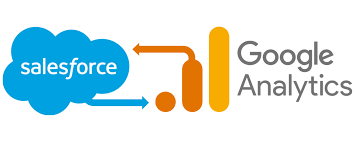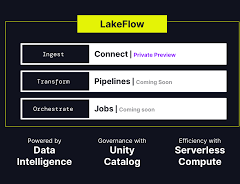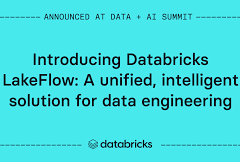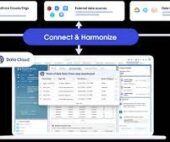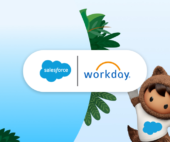In November 2017, Google unveiled a groundbreaking partnership with Salesforce, outlining their commitment to develop innovative integrations between Google Analytics 360, Salesforce Sales Cloud, and Salesforce Marketing Cloud. This collaboration marks the first time that sales, marketing, and advertising data will seamlessly converge. Integration of Salesforce Sales Cloud to Google Analytics 360 Announced.
Integration of Salesforce Sales Cloud to Google Analytics 360 Announced
Today, we at Tectonic are thrilled to introduce the inaugural integration: direct importation of sales pipeline data from Sales Cloud (including leads and opportunities) into Analytics 360. This integration empowers marketers within any business managing leads to gain a comprehensive understanding of the customer’s journey to conversion, enabling swift and targeted engagement at crucial touchpoints. Leading enterprises like Rackspace and Carbonite are already reaping the rewards of this integration, streamlining data analysis and reaching higher-value audiences.
A Holistic View of the Customer Journey
Marketers often struggle to bridge the gap between online and offline customer interactions to achieve a comprehensive view of the customer journey. With the seamless integration between Sales Cloud and Analytics 360, marketers can effortlessly amalgamate offline sales data with digital analytics data, gaining insights into the entire conversion funnel. This facilitates a deeper understanding of customer engagement with brands and the performance of marketing initiatives. For instance, marketers can examine the correlation between online lead sources (such as organic search, paid search, or email) and lead quality based on their progression through the sales pipeline.
Enhanced Marketing Outcomes
While increased visibility into the customer journey is invaluable, the true value lies in actionable insights. For example, if a particular source of site traffic consistently generates higher-quality leads, marketing budgets can be reallocated to optimize traffic acquisition.
Moreover, the built-in connections between Analytics 360 and Google’s media buying platforms offer additional avenues to acquire new customers and drive incremental revenue. Marketers can leverage Adwords and DoubleClick Search tools to optimize search ad bidding based on actual sales data (offline conversions tracked in Salesforce) rather than just website leads. Additionally, they can create audience lists in Analytics 360 comprising qualified leads from Sales Cloud, leveraging Adwords or DoubleClick to target display ads to individuals with similar characteristics.
Real-world Success Stories – Integration of Salesforce Sales Cloud to Google Analytics 360 Announced
Rackspace, a leading provider of managed cloud services, has already experienced significant benefits from beta testing the Sales Cloud to Analytics 360 integration. By seamlessly integrating sales pipeline reporting with digital marketing analytics, Rackspace has gained deeper insights into marketing performance, saving time and accelerating decision-making processes.
Similarly, Carbonite, a provider of cloud data backup services, is gearing up to transform its media activation strategy by leveraging insights derived from Salesforce data in Google Analytics and AdWords campaigns.
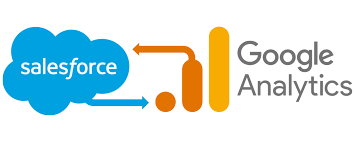
What’s on the Horizon? In the coming months, Google will expand the availability of Sales Cloud data in Analytics 360, providing marketers with even deeper intelligence.
For instance:
Product-specific data will enable remarketing campaigns tailored to cross-sell or up-sell offers based on previous orders. Lead conversion likelihood data will facilitate the creation of audience lists of prospects with a high probability of purchasing, ideal for remarketing or prospecting campaigns. Lifetime value data will serve as a diagnostic tool, shedding light on the most valuable marketing channels. As 2018 progresses, Google will continue to roll out additional integrations between Salesforce and Analytics 360, enabling more accurate attribution modeling, comprehensive campaign performance analysis, and seamless audience activation across marketing channels.
If you’re not yet leveraging Analytics 360 and are eager to learn more, please reach out to us. Existing customers can engage with their account team or Certified Analytics Partner to devise a plan for implementing these integrations.

